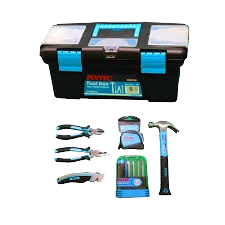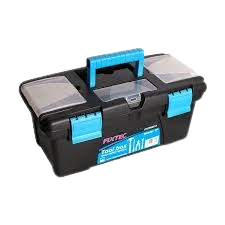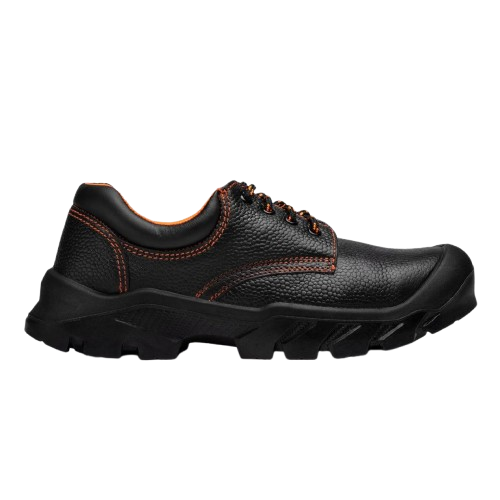Your cart is currently empty!
SCHMIDT HAMMER
Description: The Schmidt Hammer, also known as a rebound hammer, is a non-destructive testing instrument used to determine the compressive strength of concrete and assess the uniformity of a structure. It operates by measuring the rebound value of a spring-driven mass that impacts the concrete surface, providing an indirect evaluation of concrete hardness and quality.…
KSh 45,000.00
Description
Technical Specifications:
- Type: Rebound Hammer (Schmidt Hammer)
- Measurement Range:
- Standard Model (Type N): 10–100 MPa (1450–14500 psi)
- Low Energy Model (Type L): 5–30 MPa (725–4350 psi)
- High Energy Model (Type M): 20–150 MPa (2900–21750 psi)
- Impact Energy:
- Type N: 2.207 Nm (0.16 lb-ft)
- Type L: 0.735 Nm (0.054 lb-ft)
- Type M: 29.43 Nm (21.7 lb-ft)
- Accuracy: ±1 Rebound Number
- Weight: 1.0 – 1.2 kg (2.2 – 2.6 lbs)
- Material: Aluminum Alloy Casing with Hardened Steel Plunger
- Dimensions: Approx. 280 mm x 75 mm
- Calibration: Requires Calibration on an Anvil (Standard Calibration: 80 ± 2 Rebound Number)
- Standards Compliance:
- ASTM C805
- EN 12504-2
- IS 13311-2
- BS 1881-202
- Operating Temperature: -10°C to 50°C (14°F to 122°F)
- Surface Requirements:
- Minimum thickness of concrete: 100 mm
- Surface should be smooth, dry, and clean
- Readout System: Analog Scale or Digital Display (for digital models)
- Usage:
- Non-Destructive Testing (NDT) of Concrete Strength
- Quality Control and Compressive Strength Estimation





Reviews
There are no reviews yet.